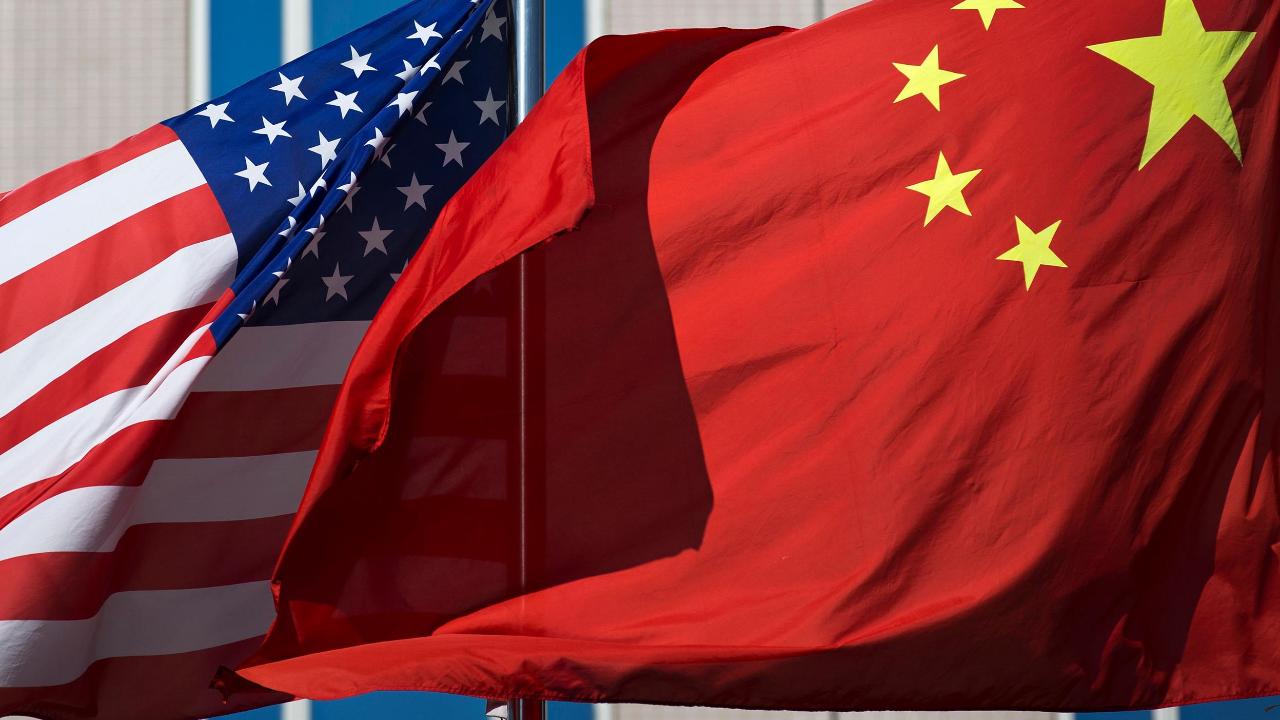Boeing focused on China as 'key customer' amid trade war
U.S. aerospace and defense giant Boeing is less concerned about tariffs the Trump administration implemented on steel and aluminum earlier this year, and more focused on the ongoing trade rift with China.
Despite the fact that the aerospace industry relies heavily on aluminum, CEO Dennis Muilenburg said the company’s heavy reliance on U.S. sources has helped it continue operations relatively unscathed.
“We haven’t seen a material impact, but it’s certainly an area we’re keeping a very close eye on,” Muilenburg said during an event on Wednesday.
On the other hand, Muilenburg noted the U.S. trade relationship with China was “exceptionally important” to the company, where much of its growth predictions are concentrated.
The company is currently building a 737 finishing center in the country, since one-third of all 737 exports are currently going to China, the CEO said, adding that Boeing has to make all of its plans in “the context of the trade discussions.”
Still, Muilenburg sought to assuage concerns that near-term policy decisions would change Boeing’s financial situation too dramatically.
“Nothing here is going to create a sudden change … more of a long-term issue that we need to [work out],” he said.
Boeing is counting on China as a major export market moving forward, with Muilenburg citing them as a “key customer.” Last year, the company said it expects demand in the country to be valued at about $1.1 trillion, equal to 7,240 new aircraft, over the next two decades. That represents almost 20 percent of the company’s global projections. Boeing signed a $37 billion deal to sell 300 aircraft to China late last year. If trade relations do materially deteriorate, China has indicated it could start buying jetliners from European rival Airbus, according to Reuters.
Boeing is the largest U.S. exporter to China, exposing it to any escalation of tariff tension. The company has said that more than 50 percent of all commercial jetliners operating in China were built by Boeing.
The Trump administration has already imposed sanctions on $50 billion worth of Chinese goods, and is considering implementing levies on another $200 billion worth of imports from the country – which, Beijing has said would be met with countermeasures.
Muilenburg maintained that Boeing has a “strong voice at the table” and has spoken with leadership from both countries, who are “motivated” to have healthy aerospace industries.




















